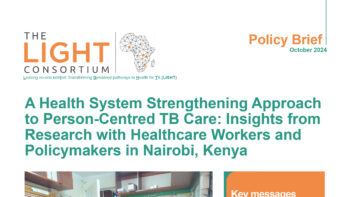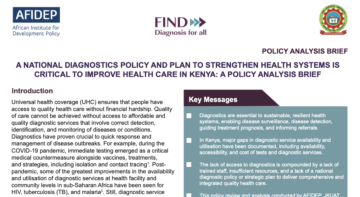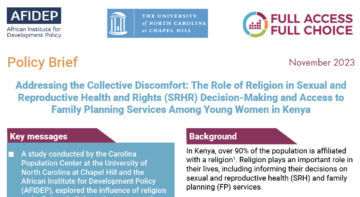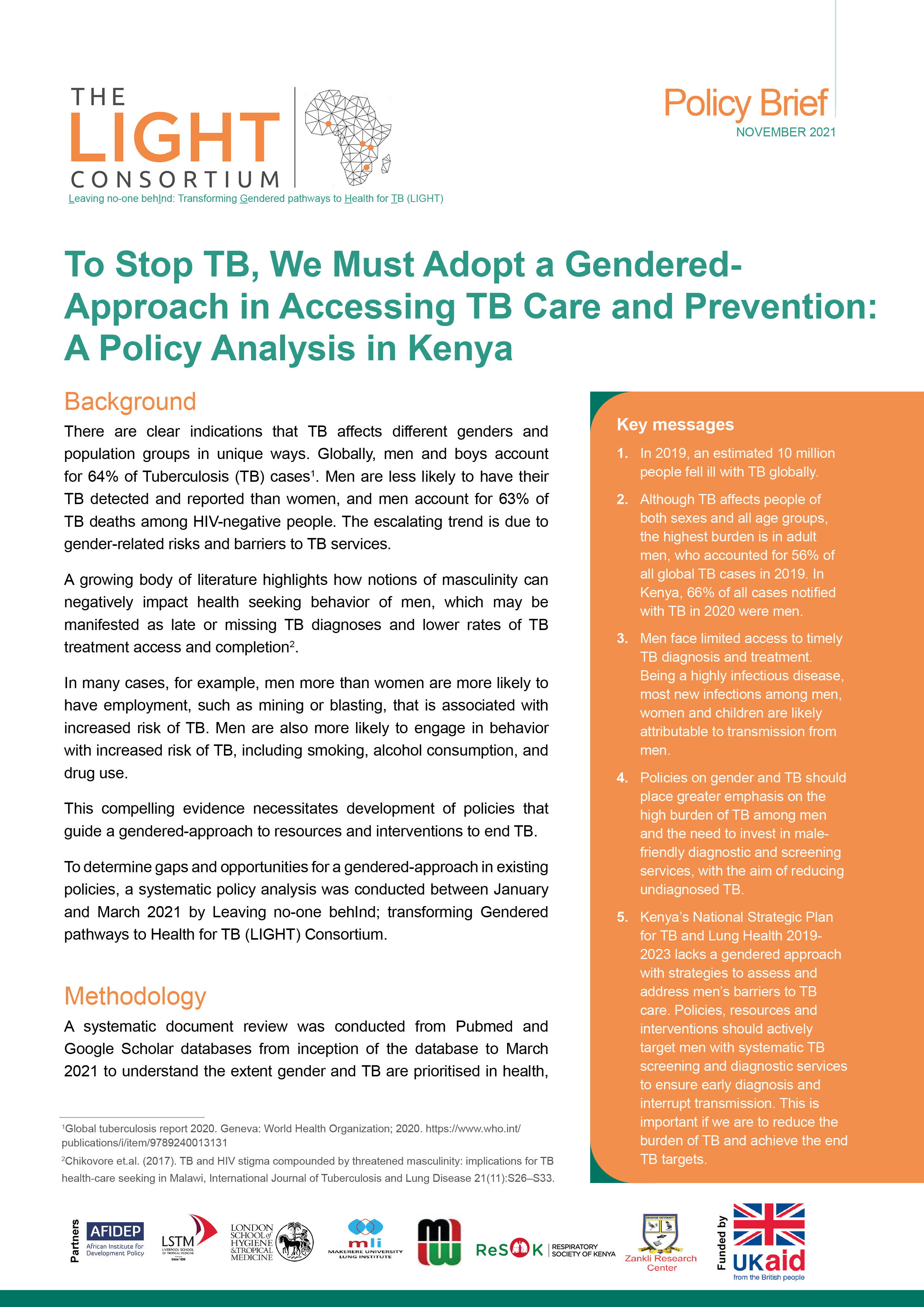
Kenya continues to record high levels of maternal deaths and poor maternal health outcomes. According to the Kenya Demographic and Health Survey (KDHS) 2014, the national maternal mortality ratio is currently at 362 deaths per 100,000 live births, a decrease from 488 per 100,000 in 2008. This is well above the MDG target of 147 per 100,000 by 2015. It is estimated that for every woman who dies in childbirth in Kenya, more than 20-30 women suffer serious injury or disability due to complications during pregnancy or delivery (Kenya National Bureau of Statistics, 2014). The persistence of these undesirable outcomes despite improvements in other health indicators in the last decades is puzzling (Ministry of Medical Services and Ministry of Public Health & Sanitation, 2012). It is also widely acknowledged that public policy change is complex and often happens as a result of many factors. As such, the shift in Kenya’s policy relating to the implementation of free maternity services is a result of an interaction of many factors, one of which is the science-policy café hosted by the SECURE Health programme.
Contribution of a Science-Policy Café to a Shift in Kenya’s Free Maternity Services Policy
Related Publications





